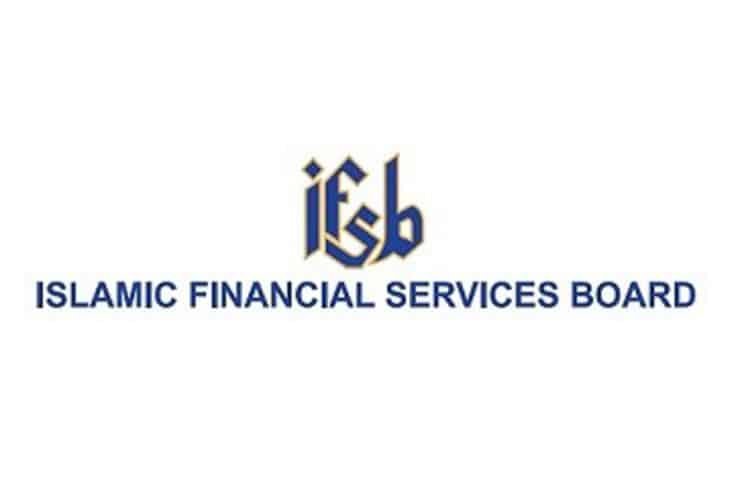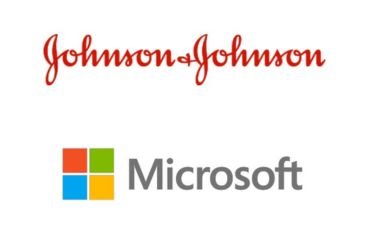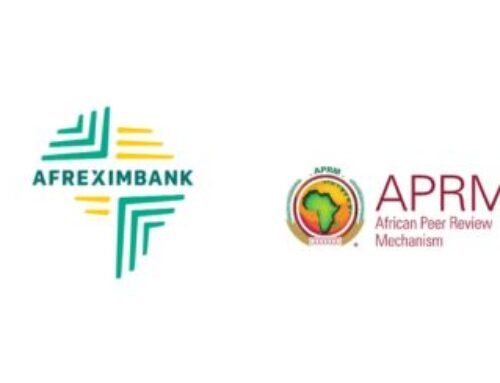
To what extent will Islamic Corporate Governance affect the Credit Rating of Shariah-rooted entities?
There is now a growing body of works of unique two-dimensional framework that comprehensively covers the elements of Mudarib (Counterparty) quality, institutional governance and compliance with Shariah principles that provide useful answers to this interesting question.
Slowly, steadily and surely, a Shariah compliance rating system is emerging in measuring the progress towards goal achievement of the Islamic Financial Services Industry (IFSI) and in gaining Stakeholders’ trust.
Most Credit Rating Agencies (CRAs) have adopted the objectives of the Islamic Financial System (IFS) as the basis for their ratings. The IFS has been proposed to correct perceived violations of Shariah norms in the conventional financial system. Such elements include practicing Riba (Interest and Usury), Maysir and Qimar (speculation or any game of chance), and others.
The main essence of the IFS is participation in risk and reward; therefore, financial contracts based on participatory modes are Shariah-based.
For the Credit Rating of Islamic Banks, for example, the adherence to Shariah-compliance methodology would potentially contribute to building the IFS in letter and spirit. Moreover, customers of the IFSI are interested in the quality of Shariah compliance, as it is seen as an important decision criterion in the choice of a financial services institution.
In rating a Shariah-compliant bank, differences in the contractual relationship between a customer and the Islamic bank as against that of a customer with a conventional Bank have to be taken into consideration. The Accountability, Transparency, Responsibility and Fairness of such a Bank are major pillars of Islamic Corporate Governance that are focused on.
In scoring the performance of an Islamic Bank just like every other institution, Governance structure, Management and Processes, Internal control and Compliance framework, Equality in the treatment of stakeholders, Disclosures, and Corporate Social Responsibility (CSR) are examined.
Portfolio construction as one of the elements in ranking Shariah-compliance of an Islamic bank covers deposits, financing and investments (participatory modes and asset-based financing). Financing and investments can be sale-based, shirkah-based (profit-and-loss sharing), mortgages, rent-based, or marketable securities operations.
Another category in ranking is access to finance which involves serving less-privileged segments and sector screenings. As far as the customer base of Islamic banking is concerned, a just financial system should provide equitable access to finance, especially to less-privileged and unserved/deserved segments of the society. Extending finances to businesses with Shariah non-compliant activities without diligent sector screening is an unethical practice for these entities.
Shariah-compliance ranking also encompasses customer satisfaction and disclosures. A vital question to ask when it comes to customer satisfaction is ‘’What is a Shariah-compliance rating of a banking firm in the eyes of stakeholders?” Accounting and non-accounting disclosures are very key and serve as a valuable tool for measuring transparency. Such disclosures include the directors’ report, auditors’ report, comprehensive financial statements, corporate governance report, the Shariah board report, Haram income generated and the mechanism to distribute it.
The final aspect of the overall Shariah-compliance mechanism operated by an Islamic bank is the Shariah Governance system. This embraces the Shariah board, internal control and Shariah audit, charitable operations, human resources, product development and organisational form.
The Shariah board remains the highest approval authority of the systems in operation in an Islamic bank. Therefore, it is basically the duty of Shariah boards and auditors to ensure the practice of Islamic financing according to the letter and spirit of the Shariah.







